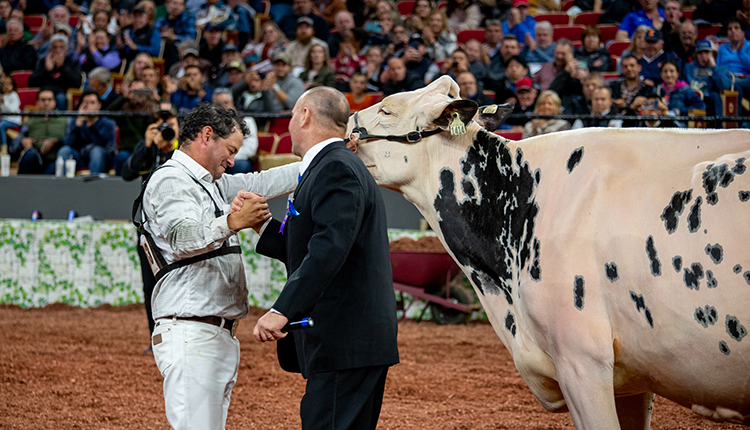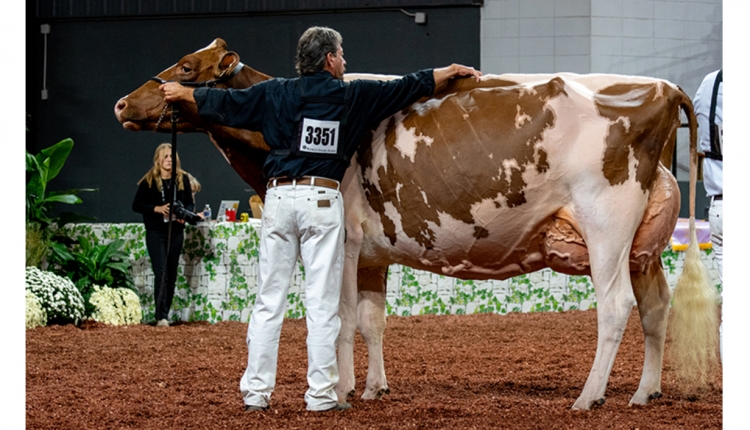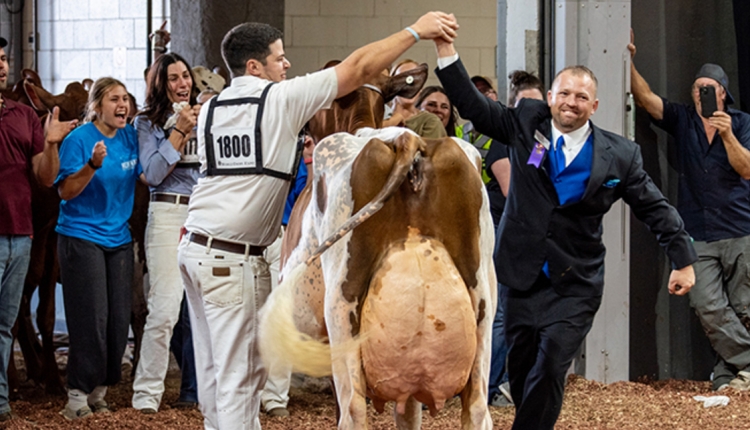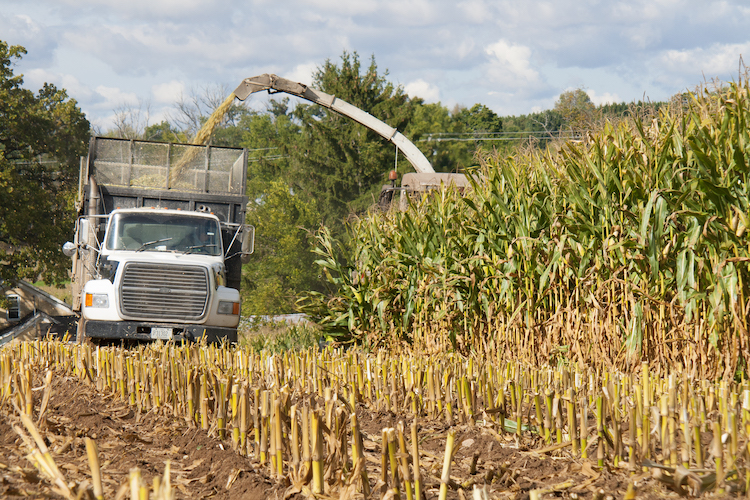
While I was searching for information sources to use for a different writing assignment, I came across a Penn State Extension article that discussed managing weeds. Weeds are pesky and sometimes it feels like you just can’t get rid of them. Fall is the time of year you should be thinking about how to manage those annoying weeds after silage harvest.
Knowing how to manage weeds depends on the weeds you are targeting. Fall is the perfect time to focus on perennial and biennial weeds. However, the foliage on the weed needs to appear healthy in order for the herbicide to be properly absorbed. Possible damage to the foliage can be caused by drought, frost, harvest equipment, and more.
Once determining that the weeds are in good health to be treated, an herbicide can be applied. “The most common herbicide used for broad-spectrum control of weeds in the fall is a tank-mix of glyphosate plus 2,4-D and/or dicamba for many broadleaves and grasses,” wrote Dwight Lingenfelter, a weed science extension associate.
Goals change if you are aiming to eliminate annual weeds during the fall. The primary focus for annuals during this time of year is to limit seed production. Plants need to be cut low enough to prevent new shoots from developing. If cutting does not work, herbicide or tillage can be considered. The author suggests applying 2,4-D, dicamba, Gramoxone, or Liberty.
Sanitation is vital when dealing with weeds to prevent the spread to clean fields. If there are weeds in the field, the combine or chopper needs to be thoroughly cleaned before moving to the next field. Additionally, farmers should consider moving to a field that will be planted for corn next season, since better herbicides exist for corn to control weeds. Lastly, harvest contaminated fields last to prevent the spread of weeds.
Don’t let weeds ruin a good harvest season. As you monitor your fields this month and plan for harvest, be sure to also plan your weed management protocol.
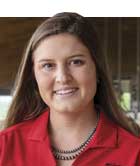
Madison Sifford is the 2023 Hoard’s Dairyman Editorial Intern. She is a student at Virginia Tech majoring in dairy science and communications. Madison grew up in North Carolina before moving with her parents and sisters to Goldvein, Va. Her family raises Holsteins on their Plessed-Rose Dairy, and they also have a small Hereford cow-calf operation.






